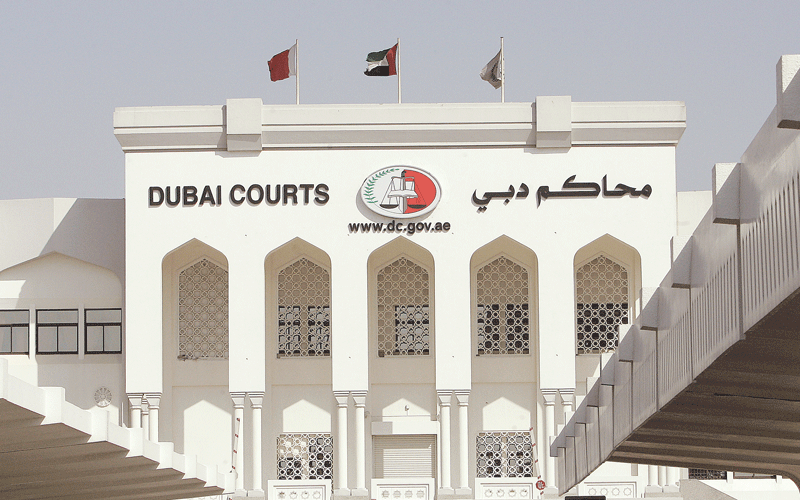When it comes to registering wills in the UAE, expats and non-Muslims have several options depending on where they live and what legal framework they wish to follow. The three primary venues for will registration are the DIFC Courts, Dubai Courts, and Abu Dhabi Courts. Each of these courts operates under different legal systems and processes, offering varying degrees of flexibility for will registration and estate planning.
DIFC Courts
The DIFC (Dubai International Financial Centre) Courts offer a flexible and internationally recognized option for expatriates and non-Muslims to register their wills. This legal system operates under common law, making it especially attractive to those familiar with legal systems from Western countries. DIFC Courts allow you to draft wills covering assets in Dubai, the rest of the UAE, and even overseas.
Key Features:
- Jurisdiction primarily for non-Muslims.
- Common law system.
- Allows the inclusion of assets outside the UAE.
- Generally, a quicker process for execution compared to local courts.
- Often chosen by expats to avoid Sharia-based inheritance laws.
Dubai Courts
Dubai Courts operate under Sharia law, which applies to all wills unless explicitly stated otherwise for non-Muslims through registered wills. If a will is not registered, inheritance follows Sharia principles, which might not align with the preferences of non-Muslim expatriates.
Key Features:
- Inheritance defaults to Sharia law if no will is registered.
- Suitable for Muslims as well as non-Muslims who want a locally recognized legal system.
- Requires Arabic translation of the will.
- Wills here only cover Dubai-based assets unless stated otherwise.
Abu Dhabi Courts
Similar to Dubai Courts, the Abu Dhabi Judicial Department adheres to Sharia law for will registration. However, the Emirate introduced new regulations for non-Muslims in 2021, allowing for more flexibility. Expats can register wills without being subject to Sharia law, offering more options for non-Muslims in Abu Dhabi compared to before.
Key Features:
- New laws provide flexibility for non-Muslims.
- Focuses on protecting the interests of expats and non-Muslim residents.
- Assets must be located within Abu Dhabi for the will to be applicable.
Key Differences
- Legal System: DIFC operates under common law, while Dubai and Abu Dhabi Courts follow Sharia law, with some flexibility for non-Muslims.
- Scope: DIFC allows wills to include assets outside the UAE, while Dubai and Abu Dhabi Courts focus on local assets.
- Language: Wills in Dubai and Abu Dhabi Courts need to be translated into Arabic, while DIFC allows wills in English.
- Flexibility for Expats: DIFC Courts provide more flexibility for expatriates wishing to avoid Sharia-based inheritance laws, while recent reforms in Abu Dhabi have also made will registration more flexible for non-Muslims.
Conclusion
Choosing between DIFC, Dubai, and Abu Dhabi Courts for will registration depends on your legal preferences, residency status, and the assets you wish to cover. DIFC Courts provide a more flexible and familiar option for expatriates, especially those with assets outside the UAE. However, for residents focused on assets within Dubai or Abu Dhabi, the local courts can also be viable options, especially with recent reforms benefiting non-Muslims.





